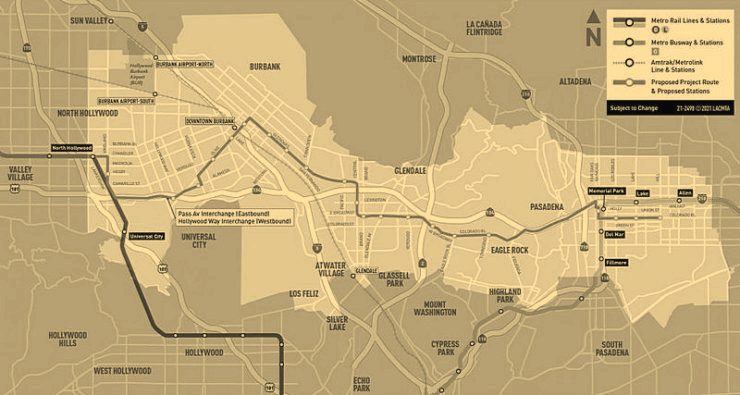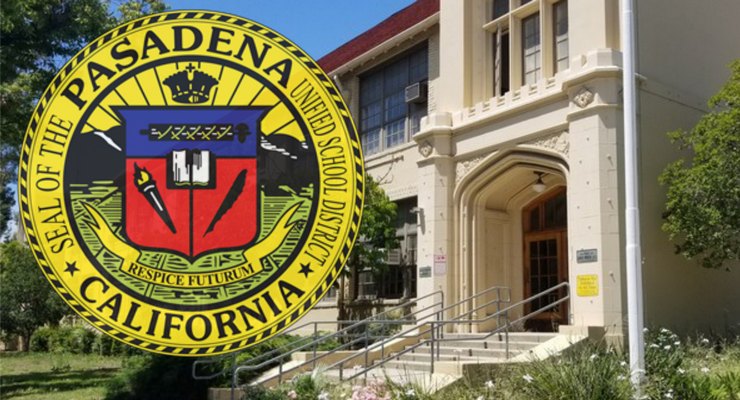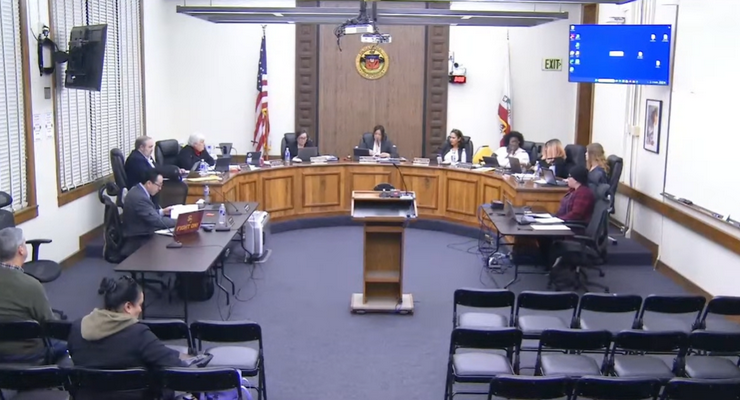
The line, scheduled to go into service by 2024, will travel east-west from North Hollywood to a terminus at Pasadena City College, stopping along the way in Burbank, Glendale and Eagle Rock.
At that meeting, the board approved the $267-million, 18-mile project North Hollywood to Pasadena Bus Rapid Transit (BRT) Corridor Project.
The state requires agencies to declare an emergency every 30 days in order to have virtual meetings, like the ones currently held by the Pasadena City Council. Metro declared an emergency at its March 24 meeting but allegedly failed to vote to continue the emergency before the 30-day deadline expired and still met virtually on April 28.

Portions of the approved route are planned as dedicated bus lanes, replacing what now are all-traffic lanes. In Pasadena, the route’s buses will drive within mixed-flow travel lanes.
Several people claimed they were denied their right to attend the meeting and speak publicly on the issue. According to the lawsuit 2,000 people have signed a petition opposing the route.
“Having only a teleconference meeting and not allowing citizens the opportunity to speak when there is no state of emergency limits citizens’ access since those citizens will need high broadband internet access, will need to have the technology to access the meeting, and there can be technical issues where citizens are dropped even after being on hold for hours,” according to the lawsuit.
The lawsuit also pointed out that older residents may not be proficient enough with the technology to attend the meeting.
“There is a significant difference of the impact that citizens can make when appearing in public or are simply forced to be a faceless voice on a telephone or video line if they can access the meeting and their phone line or cable does not go out or drop due to a poor connection,” the lawsuit said.
An executive order signed by Gov. Gavin Newsom allowing virtual meetings and suspending parts of the Brown Act, which governs open meetings of legislative bodies, ended on Sept. 30.
To continue meeting online, legislative bodies must pass a resolution roughly every 30-days under the terms of Assembly Bill 361.
Beyond that initial 30-day period, it must confirm the circumstances of the state of emergency and make required findings at least 30 days after adoption of the resolution and every 30 days thereafter.
In 2019, then-Mayor Terry Tornek urged a Metro committee to abandon proposed dedicated bus lanes on Colorado Blvd. from Old Pasadena to Pasadena City College. Tornek said the bus lanes would be a “terrible mistake.”
The dedicated bus lanes could have led to a traffic nightmare.



















